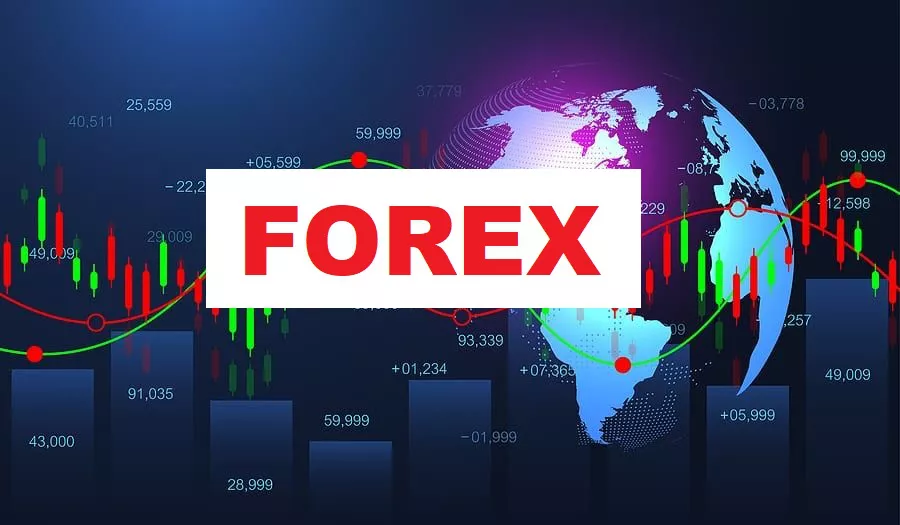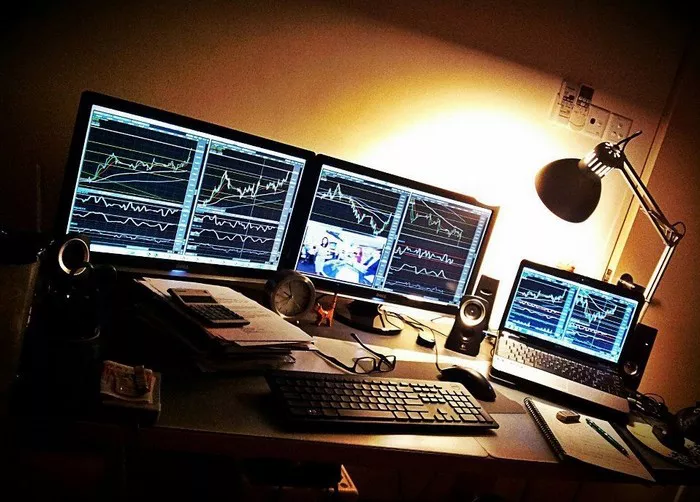The foreign exchange (forex) market operates 24 hours a day, five days a week. This continuous trading is made possible due to the global nature of currency trading and the different time zones of major financial centers around the world. Understanding which forex market is currently open can help traders make informed decisions about when to enter and exit positions. This article explores the structure of the forex market, the opening hours of major trading sessions, and how to effectively navigate this dynamic market.
Understanding the Forex Market
What Is the Forex Market?
The forex market is the largest financial market in the world, where currencies are traded against one another. Unlike stock markets, which are centralized, the forex market is decentralized. This means that trading takes place over-the-counter (OTC) between participants via electronic networks.
Key Characteristics of the Forex Market
24-Hour Trading: The forex market operates around the clock, allowing for trading in different time zones.
High Liquidity: The market is highly liquid, meaning there are always buyers and sellers available.
Global Participation: A wide range of participants, including banks, corporations, governments, and individual traders, engage in forex trading.
Major Currency Pairs
Forex trading involves currency pairs, which consist of a base currency and a quote currency. Major currency pairs include:
- EUR/USD: Euro/US Dollar
- USD/JPY: US Dollar/Japanese Yen
- GBP/USD: British Pound/US Dollar
- USD/CHF: US Dollar/Swiss Franc
Forex Market Hours
Overview of Trading Sessions
The forex market is divided into three major trading sessions:
- Asian Session
- European Session
- North American Session
These sessions correspond to the opening hours of key financial centers around the world. Each session has its characteristics in terms of volatility and trading activity.
1. Asian Session
Opening Hours: 11 PM GMT to 8 AM GMT
Key Financial Centers: Tokyo, Hong Kong, Singapore
The Asian session is characterized by lower volatility compared to other sessions. However, it can experience significant price movements, especially during news releases related to the Japanese economy and the Asian region.
2. European Session
Opening Hours: 7 AM GMT to 4 PM GMT
Key Financial Centers: London, Frankfurt, Paris
The European session is the most active trading session due to the concentration of financial institutions and traders. It overlaps with the Asian session in the early hours and the North American session in the later hours, leading to increased volatility.
3. North American Session
Opening Hours: 12 PM GMT to 9 PM GMT
Key Financial Centers: New York, Toronto
The North American session sees high trading volumes, particularly in currency pairs involving the US dollar. Economic data releases from the US can lead to significant price movements during this session.
Trading Session Overlaps
The overlaps between these sessions are critical times for traders. The two major overlaps are:
Asian and European Overlap: 7 AM GMT to 8 AM GMT
European and North American Overlap: 12 PM GMT to 4 PM GMT
During these overlaps, liquidity and volatility tend to be higher, presenting more trading opportunities.
Current Market Hours
Determining Which Market Is Open Now
To determine which forex market is currently open, follow these steps:
Check Current GMT Time: Forex trading hours are based on GMT. Determine the current GMT time.
Identify the Active Session: Compare the current time with the opening and closing hours of the Asian, European, and North American sessions.
Consider Local Time Zones: Keep in mind that daylight saving time can affect local trading hours.
Example of Current Market Analysis
Current Time: If it is 3 PM GMT on a weekday:
Asian Session: Closed
European Session: Open
North American Session: Not yet open
At this time, traders can participate in the European session, which is typically more active.
See Also: What Countries is USD Worth the Most?
Factors Affecting Forex Market Hours
Economic News Releases
Economic data releases can significantly impact forex trading activity. Traders should be aware of the economic calendar, which lists important reports and their release times. High-impact news can lead to increased volatility, especially during the European and North American sessions.
Geopolitical Events
Geopolitical events, such as elections, trade negotiations, or conflicts, can also influence forex market dynamics. Traders should stay informed about global news that could affect currency values.
Market Sentiment
Market sentiment plays a critical role in forex trading. Factors such as investor confidence, risk appetite, and market trends can affect trading volumes and volatility during different sessions.
Trading Strategies Based on Market Hours
Day Trading
Day traders often focus on the most active hours of the forex market, particularly during the European and North American sessions. They aim to capitalize on short-term price movements.
Swing Trading
Swing traders may take advantage of trends that develop over several days or weeks. They often analyze price patterns and technical indicators during all trading sessions to identify potential entry and exit points.
Scalping
Scalping is a trading strategy that involves making quick trades to profit from small price changes. Scalpers typically trade during high-volatility periods, such as during market overlaps.
Tools for Monitoring Forex Market Hours
Forex Market Clock
A forex market clock displays the opening and closing hours of each trading session in various time zones. This tool helps traders quickly determine which market is currently open.
Economic Calendars
Economic calendars provide information about upcoming economic data releases and events that can impact the forex market. Traders can use this information to time their trades effectively.
Trading Platforms
Most trading platforms include features that display market hours and provide real-time updates on open and close times. Many platforms also offer alerts for significant market events.
Conclusion
Understanding which forex market is currently open is crucial for traders looking to optimize their trading strategies. With the forex market operating 24 hours a day, it’s essential to stay informed about the different trading sessions, economic news releases, and market sentiment.
By leveraging tools like forex market clocks, economic calendars, and trading platforms, traders can navigate the complexities of the forex market more effectively. Whether you are day trading, swing trading, or scalping, knowing the current market hours can help you make informed decisions and maximize your trading opportunities.
As the forex market continues to evolve, staying updated on market conditions and trading sessions will enhance your trading experience and improve your overall success in the forex market.
Related topics:































